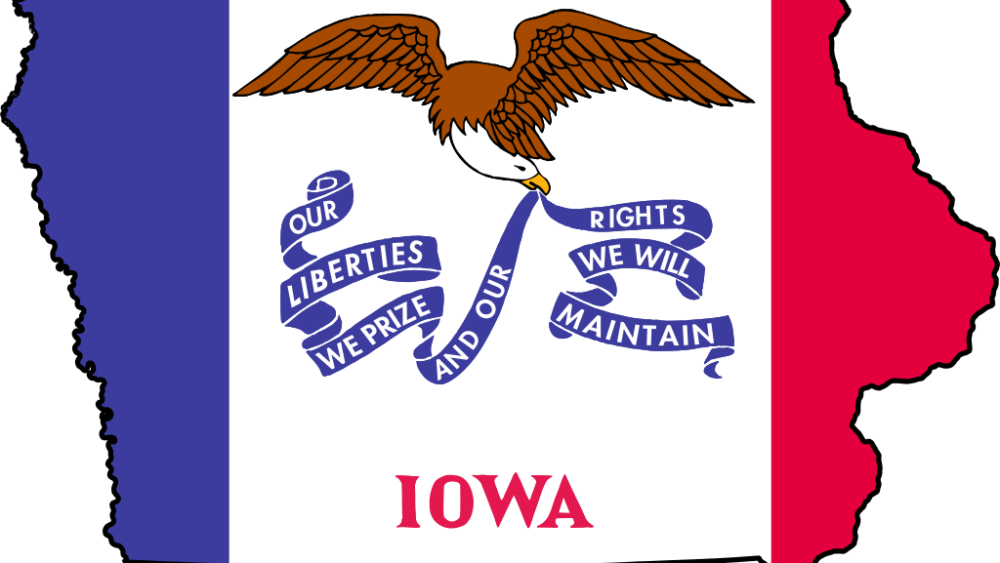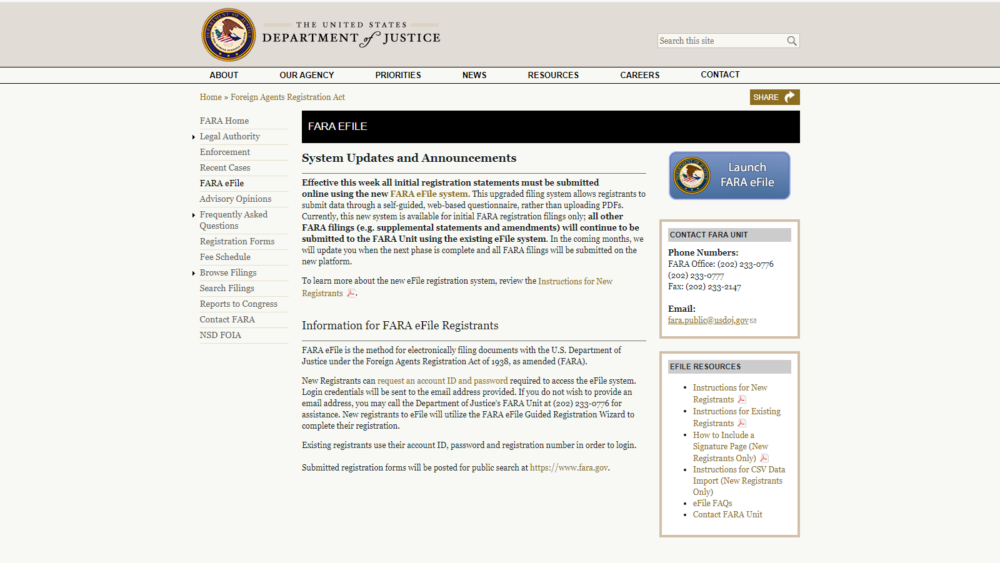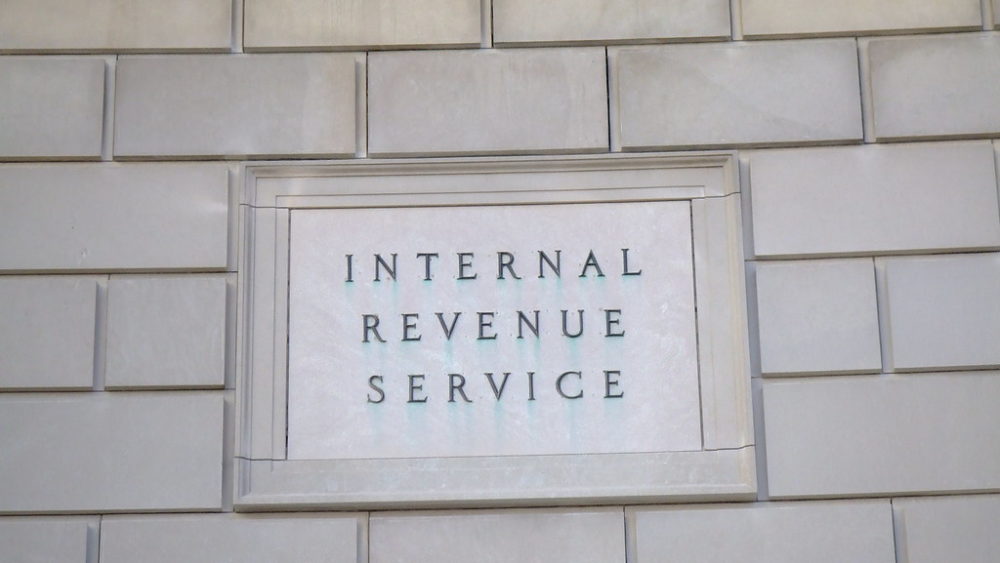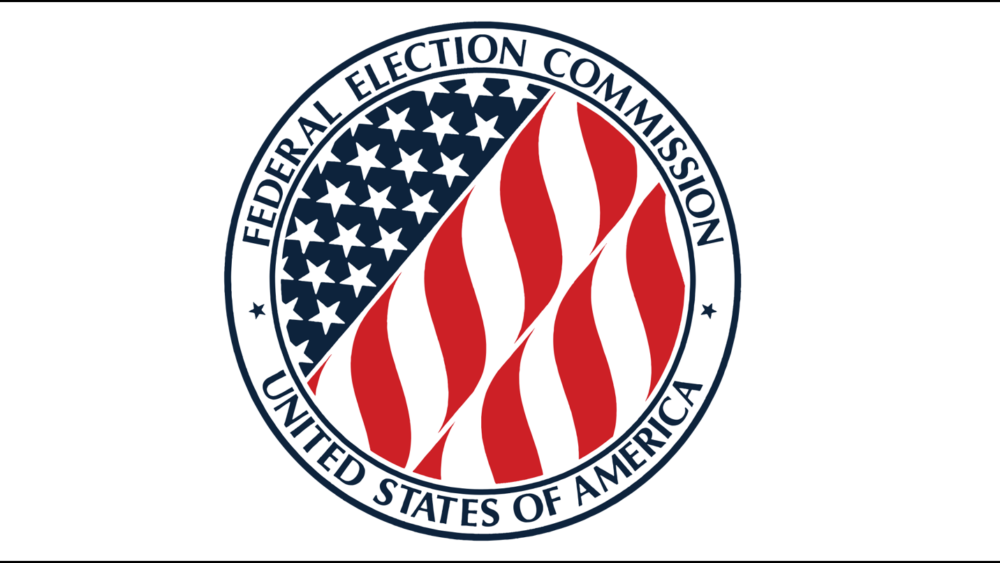January 10, 2020 •
Contribution Limits Increased in British Columbia
Campaign contribution limits increased in British Columbia for 2020 to $1,253.15 for contributions to registered political parties, including their candidates, nomination contestants and registered constituency associations. Additionally, individuals can contribute up to $1,253.15 to independent candidates and leadership contestants, if […]
Campaign contribution limits increased in British Columbia for 2020 to $1,253.15 for contributions to registered political parties, including their candidates, nomination contestants and registered constituency associations.
Additionally, individuals can contribute up to $1,253.15 to independent candidates and leadership contestants, if a leadership contest is called in 2020.
These limits are updated annually.
The previous limits were $1,225.17 in 2019, and $1,200 in 2018.
Also increased to $370 is the limit of a fee paid to attend a leadership convention or other convention of a political party without counting toward the $1,253.15 limit contribution limit.
January 9, 2020 •
Special Election on June 16 for Ward 2 D.C. Council Seat
On June 16, a special election will be held to fill the seat vacated by Ward 2 D.C. Councilmember Jack Evans. Evans resigned on January 7 to avoid a council vote on his removal based on alleged conflicts of interests. […]
On June 16, a special election will be held to fill the seat vacated by Ward 2 D.C. Councilmember Jack Evans.
Evans resigned on January 7 to avoid a council vote on his removal based on alleged conflicts of interests.
The winner of the special election will serve the remainder of Evan’s term, which ends in January 2021, according to WAMU.
December 24, 2019 •
May 4, 2020: British Columbia Lobbying Law Changes Coming
On May 4, 2020, several key changes of British Columbia’s lobbying law come into effect, including changing the name of the Lobbyist Registration Act to the Lobbyist Transparency Act. The legislation making the changes, Bill 54, Lobbyists Registration Amendment Act, […]
On May 4, 2020, several key changes of British Columbia’s lobbying law come into effect, including changing the name of the Lobbyist Registration Act to the Lobbyist Transparency Act. The legislation making the changes, Bill 54, Lobbyists Registration Amendment Act, 2018, received royal assent on November 27, 2019.
Other coming changes include:
- Reducing the time threshold for requiring in-house lobbyists to register from 100 hours to 50 hours annually
- Adding the requirement for lobbyists to complete a monthly return containing details of actual lobbying activities in the previous month by the 15th of each subsequent month
- Declarations in those returns of what code of conduct the lobbyists has undertaken and where it is available for public viewing
Additionally, a newly enacted prohibition on gifts from lobbyists is included in the bill. However, the prohibition does not apply if the gift is given under the protocol or social obligations normally accompanying the duties of a public office holder and the total value of the gift given, directly or indirectly, is less $100 in a 12-month period.
Beginning in May, the registrar will also have the power to impose a prohibition on lobbying for up to 2 years.
Presently, a new online Lobbyists Registry is in development to replace the current Lobbyists Registry and is scheduled to launch on May 4, 2020.
Also effective on May 4, 2020, the Lobbyists Registration Regulation is repealed and the Lobbyist Transparency Regulation is enacted.
December 2, 2019 •
Massachusetts Expands Campaign Finance Depository System of Reporting
On November 26, Massachusetts Gov. Charlie Baker signed a new campaign finance bill into law. The bill amends the state’s law by now requiring House, Senate and all mayoral candidates to use the depository system of campaign finance reporting. According […]
On November 26, Massachusetts Gov. Charlie Baker signed a new campaign finance bill into law. The bill amends the state’s law by now requiring House, Senate and all mayoral candidates to use the depository system of campaign finance reporting.
According to the Office of Campaign and Political Finance (OPCF), “Nearly 500 House and Senate candidates will transition into the depository campaign finance reporting system, as well as about 100 mayoral candidates in cities of 65,000 or less.” House Bill 4087 also requires banks to file monthly disclosure reports on behalf of candidates and certain committees.
Previously, the disclosures were required twice a month. The bill also mandates the OCPF establish regulations concerning social media and its use by appointed public employees.
Additionally, the bill establishes a commission to study the use of campaign funds for family and child care.
December 2, 2019 •
New Ethics Director Named in Iowa

The Iowa Ethics and Campaign Disclosure Board named Mike Marshall to serve as its new Executive Director. Marshall will replace Megan Tooker, who announced her resignation in November as the current Executive Director and Legal Counsel for the Board. Tooker is […]
The Iowa Ethics and Campaign Disclosure Board named Mike Marshall to serve as its new Executive Director.
Marshall will replace Megan Tooker, who announced her resignation in November as the current Executive Director and Legal Counsel for the Board. Tooker is pursuing other career opportunities.
Marshall is currently the Chief of the Bureau of Professional Licensure at the Department of Public Health. He had previously been the Secretary of the Iowa Senate for eighteen years.
Tooker, who has served with the Board since 2010, will be leaving by the end of 2019.
October 17, 2019 •
Massachusetts State Senator deMacedo Resigning, Special Election Date Not Yet Determined
State Senator Viriato deMacedo announced he will resign from office within the next few weeks. Sen. deMacedo will begin employment as the Director of Regional Partnerships with Bridgewater State University. Sen. deMacedo, who has been serving in the Senate for […]
State Senator Viriato deMacedo announced he will resign from office within the next few weeks.
Sen. deMacedo will begin employment as the Director of Regional Partnerships with Bridgewater State University.
Sen. deMacedo, who has been serving in the Senate for the Plymouth and Barnstable District since 2015, was first elected to the state legislature as a representative in 1998. He held that seat until his move to the Senate.
“I’ve done this for 21 years and it’s been phenomenal, but everything has a season,” deMacedo told the Cape Cod Times.
A date for a special election to fill the upcoming vacancy has not yet been determined.
October 9, 2019 •
Canada’s Government Contracts Regulations Requires Declaration: No Frauds Committed
Bidders attempting to contract with the Canadian federal government are required to certify they have not committed crimes of fraud or acts of corruptions. Recent amendments to the Government Contracts Regulations require a bidder declare he or she has not, […]
Bidders attempting to contract with the Canadian federal government are required to certify they have not committed crimes of fraud or acts of corruptions.
Recent amendments to the Government Contracts Regulations require a bidder declare he or she has not, during the bid solicitation process, committed an act or engaged in an activity constituting any specifically enumerated violations under the nation’s Criminal Code, the Financial Administration Act, the Corruption of Foreign Public Officials Act, or the Competition Act.
Additionally, the amended rules allow a contracting authority to now enter into a construction contract, or any contract not using the solicitation of bids, when the value of the contract does not exceed $40,000, an increase from the previous threshold of $25,000.
October 9, 2019 •
Judge Blocks New Jersey Political Disclosure Bill from Taking Effect
On October 2, 2019, a U.S. District Court for the District of New Jersey issued an opinion and order issuing a preliminary injunction. The Injunction prohibits the state of New Jersey from enforcing the changes in the law from a […]
On October 2, 2019, a U.S. District Court for the District of New Jersey issued an opinion and order issuing a preliminary injunction.
The Injunction prohibits the state of New Jersey from enforcing the changes in the law from a bill passed earlier this year concerning disclosure requirements by independent expenditure committees.
Senate Bill 150, which was to take effect on October 15, requires the committees to disclose donors giving more than $10,000 and expenditures over $3,000.
The parties filing the lawsuit, Americans for Prosperity v. Grewal, argue the disclosure requirements are unconstitutional and violate the First Amendment.
The preliminary injunction will continue while the lawsuit proceeds.
October 9, 2019 •
Prince Edward Island Lawmakers Want Public Input on Rules
On October 7, lawmakers in the Prince Edward Island Legislative Assembly solicited public input regarding what procedural rules they should follow. The Standing Committee on Rules, Regulations, Private Bills and Privileges is seeking public input on the Rules of the […]
On October 7, lawmakers in the Prince Edward Island Legislative Assembly solicited public input regarding what procedural rules they should follow.
The Standing Committee on Rules, Regulations, Private Bills and Privileges is seeking public input on the Rules of the Legislative Assembly, in particular on potential changes to the parliamentary calendar, sitting hours, and budget process.
Public comments and suggestions by individuals and organizations must be in writing and submitted to the Assembly by October 25.
September 27, 2019 •
FARA Update eFiling Registration System

The U.S. Department of Justice (DOJ) announced, effective this week, all foreign agents filing with the DOJ under the Foreign Agents Registration Act (FARA) must submit their initial registration statements using its new online eFile system. In the DOJ’s announcement, […]
The U.S. Department of Justice (DOJ) announced, effective this week, all foreign agents filing with the DOJ under the Foreign Agents Registration Act (FARA) must submit their initial registration statements using its new online eFile system.
In the DOJ’s announcement, the agency said the “upgraded filing system allows registrants to submit data through a self-guided, web-based questionnaire, rather than uploading PDFs.”
While the current system will only allow for initial registrations, all other FARA filings will continue to use the existing eFiling system until further notice.
FARA is a disclosure statute requiring persons acting as agents of foreign principals in a political or quasi-political capacity to make public disclosure of their relationship with and activities for the foreign principal.
September 11, 2019 •
IRS Moves Again to Exempt Certain Tax-Exempt Organizations From Reporting Contributor Info

Photo Credit: saturnism
On September 6, the Internal Revenue Service (IRS) issued a notice of a proposed rulemaking for allowing certain tax-exempt organizations to no longer be required to report the names and addresses of contributors on their annual reports. Previously, the IRS […]
On September 6, the Internal Revenue Service (IRS) issued a notice of a proposed rulemaking for allowing certain tax-exempt organizations to no longer be required to report the names and addresses of contributors on their annual reports.
Previously, the IRS had issued a guidance to this effect, but on July 30, the IRS guidance limiting these disclosure requirements was set aside by a federal judge.
In Bullock v. IRS, the U.S. District Court District of Montana (Great Falls) found the IRS violated the Administrative Procedure Act by not providing notice and allowing a public comment period before the guidance was issued. It predicated this decision by finding the guidance was a legislative rule.
On July 16, 2018, the U.S. Treasury Department and the IRS had announced certain tax-exempt organizations would no longer be required to report the names and addresses of contributors on their annual reports. This exemption from reporting applies to tax-exempt organizations generally not receiving tax-deductible contributions, such as labor unions, volunteer fire departments, issue-advocacy groups, local chambers of commerce, veterans’ groups, and community service clubs, according to the department’s press release.
These organizations are still required to continue to collect and keep the donor information and to make it available to the IRS upon its request.
This change did not affect the information required to be reported by charities primarily receiving tax-deductible contributions, such as 501(c)(3) organizations, certain nonexempt private foundations, or 527 political organizations. The Treasury Department and IRS had given three primary reasons for the change:
-
- The IRS makes no systematic use of this information collected by these organizations
- The policy reduces the risk of inadvertent disclosure or misuse of confidential information
- The policy saves both private and government resources
Comments on the proposed rule will be accepted for 90 days after the notice’s publication in the Federal Register.
September 10, 2019 •
FEC Seeks Comments on National Party Committee Segregated Accounts

The Federal Election Commission (FEC) is seeking public comments on proposals for rules requiring national party committees to report receipts and disbursements for their segregated accounts. These comments must be submitted on or before October 28, 2019. A petition filed […]
The Federal Election Commission (FEC) is seeking public comments on proposals for rules requiring national party committees to report receipts and disbursements for their segregated accounts.
These comments must be submitted on or before October 28, 2019.
A petition filed by the Campaign Legal Center and the Center for Responsive Politics made a request to the FEC.
The request stated the national party committees report their receipts to and disbursements from the accounts in “inconsistent and insufficient ways,” making the public unable to clearly determine the amounts of money received and disbursed from the segregated accounts.
The notice of availability for the submission of public comments was issued in the August 28 Federal Register.
August 26, 2019 •
FEC to Lose Quorum on August 31
On August 31, Federal Election Commission (FEC) Vice Chairman Matthew Petersen will leave the agency, resulting in an FEC without the minimum quorum of four commissioners to make decisions on regulations or enforcements. The FEC requires at least four commissioners […]
On August 31, Federal Election Commission (FEC) Vice Chairman Matthew Petersen will leave the agency, resulting in an FEC without the minimum quorum of four commissioners to make decisions on regulations or enforcements.
The FEC requires at least four commissioners to agree for any official action.
Peterson, who has served on the FEC for 11 years, announced his resignation on August 26 with a letter to the President Trump without stating a reason for his leaving.
A replacement for Petersen, a Republican, must be selected by the president and then confirmed by the U.S. Senate.
No more than three members of the FEC may be registered with the same political party.
The remaining FEC commissioners will be Chair Ellen L. Weintraub, a Democrat, Caroline C. Hunter, a Republican, and Steven T. Walther, an Independent.
August 20, 2019 •
Election for Calgary Forest Lawn (Alberta) Vacant Seat to Be Held on Fixed October Election
On October 21, 2019, the fixed date for Canadian federal elections, the election for the now-vacant seat in the House of Commons representing Calgary Forest Lawn (Alberta) will be held. Because this vacancy occurred less than nine months before October’s […]
On October 21, 2019, the fixed date for Canadian federal elections, the election for the now-vacant seat in the House of Commons representing Calgary Forest Lawn (Alberta) will be held.
Because this vacancy occurred less than nine months before October’s fixed-date general election, no by-election will be held.
On August 15, the Chief Electoral Officer of Canada, Stéphane Perrault, received official notice from the Speaker of the House of Commons that the seat for Calgary Forest Lawn (Alberta) became vacant.
The vacancy came following the death of MP Deepak Obhrai on August 2.
Obhrai had been the longest-serving Conservative member of Parliament.
State and Federal Communications, Inc. provides research and consulting services for government relations professionals on lobbying laws, procurement lobbying laws, political contribution laws in the United States and Canada. Learn more by visiting stateandfed.com.

